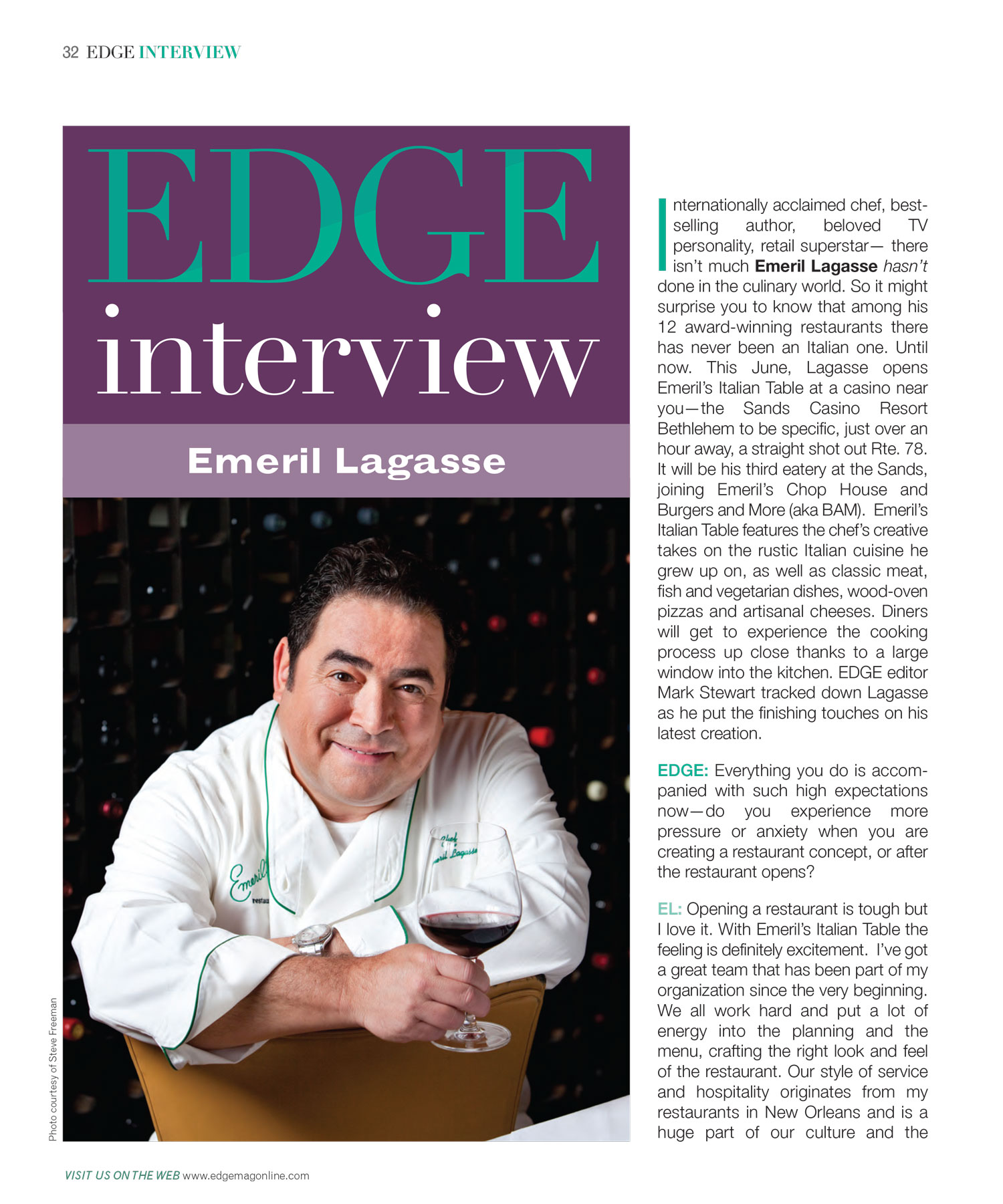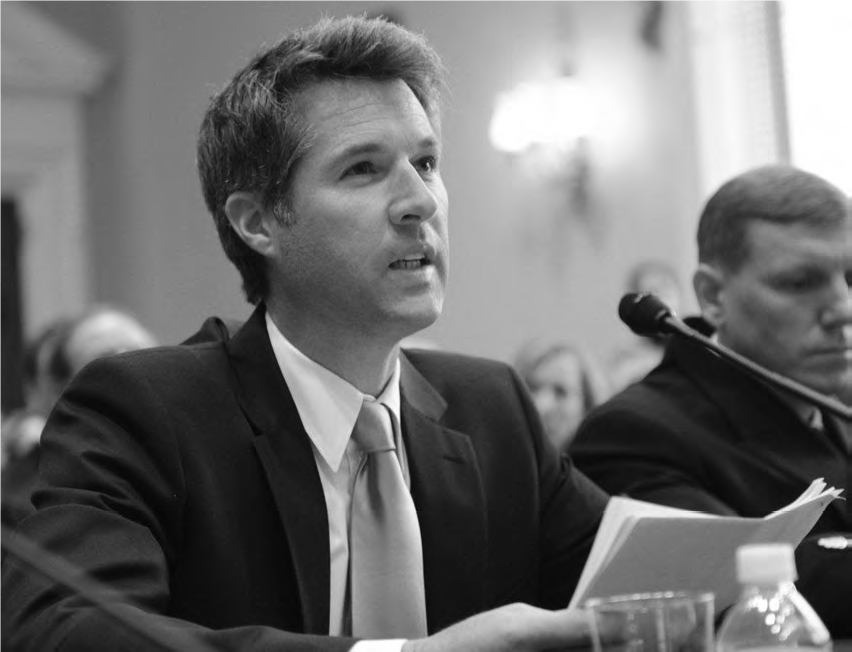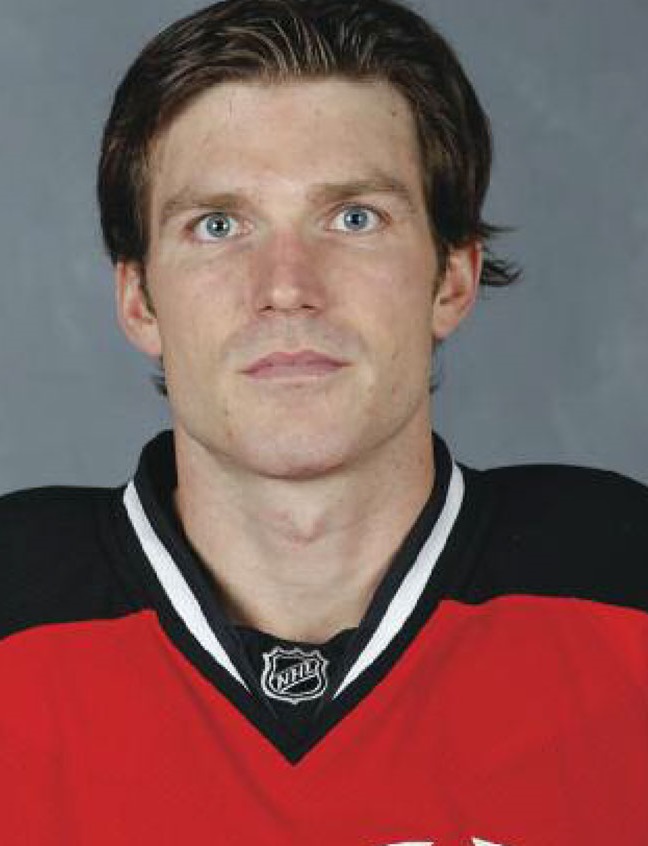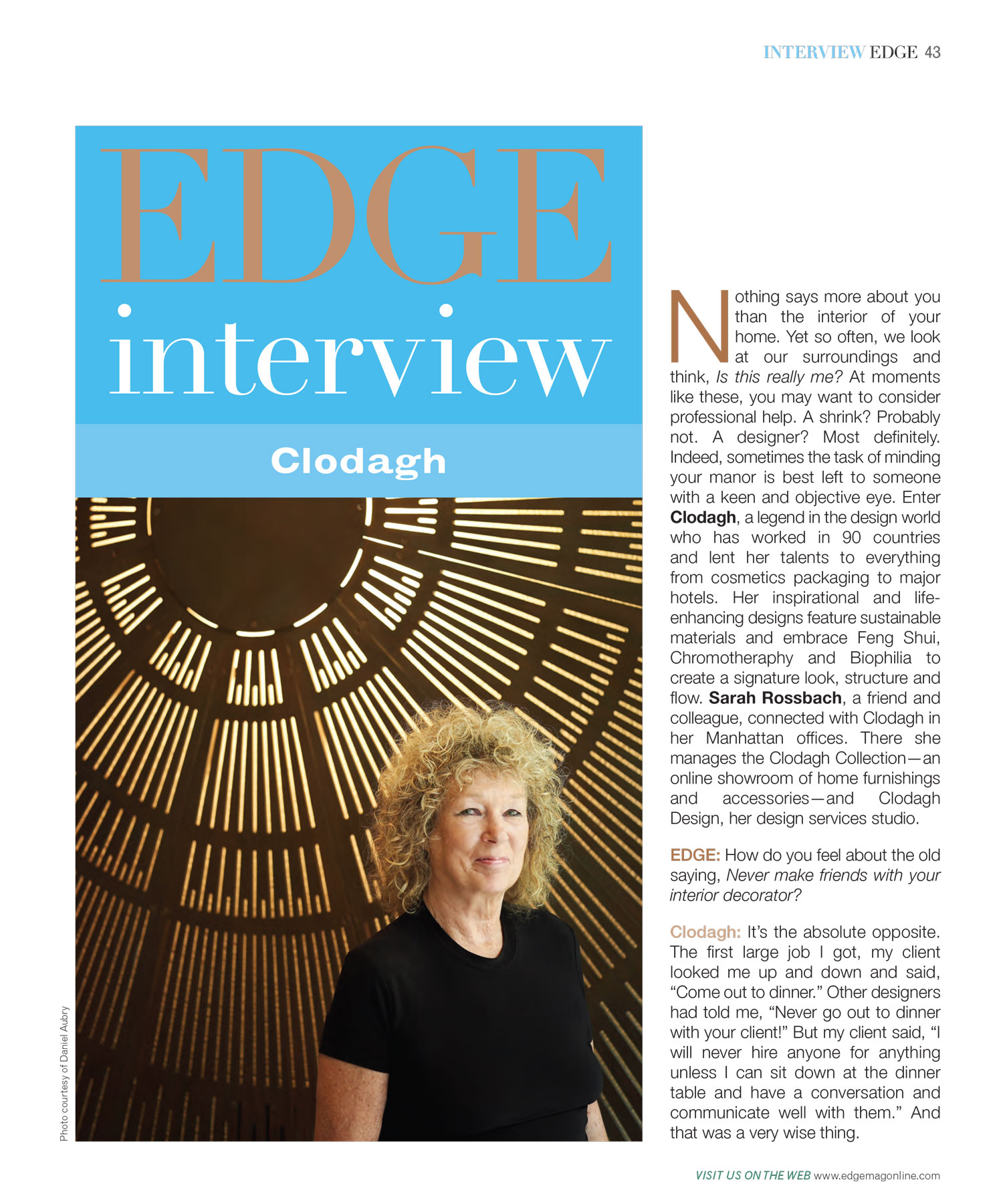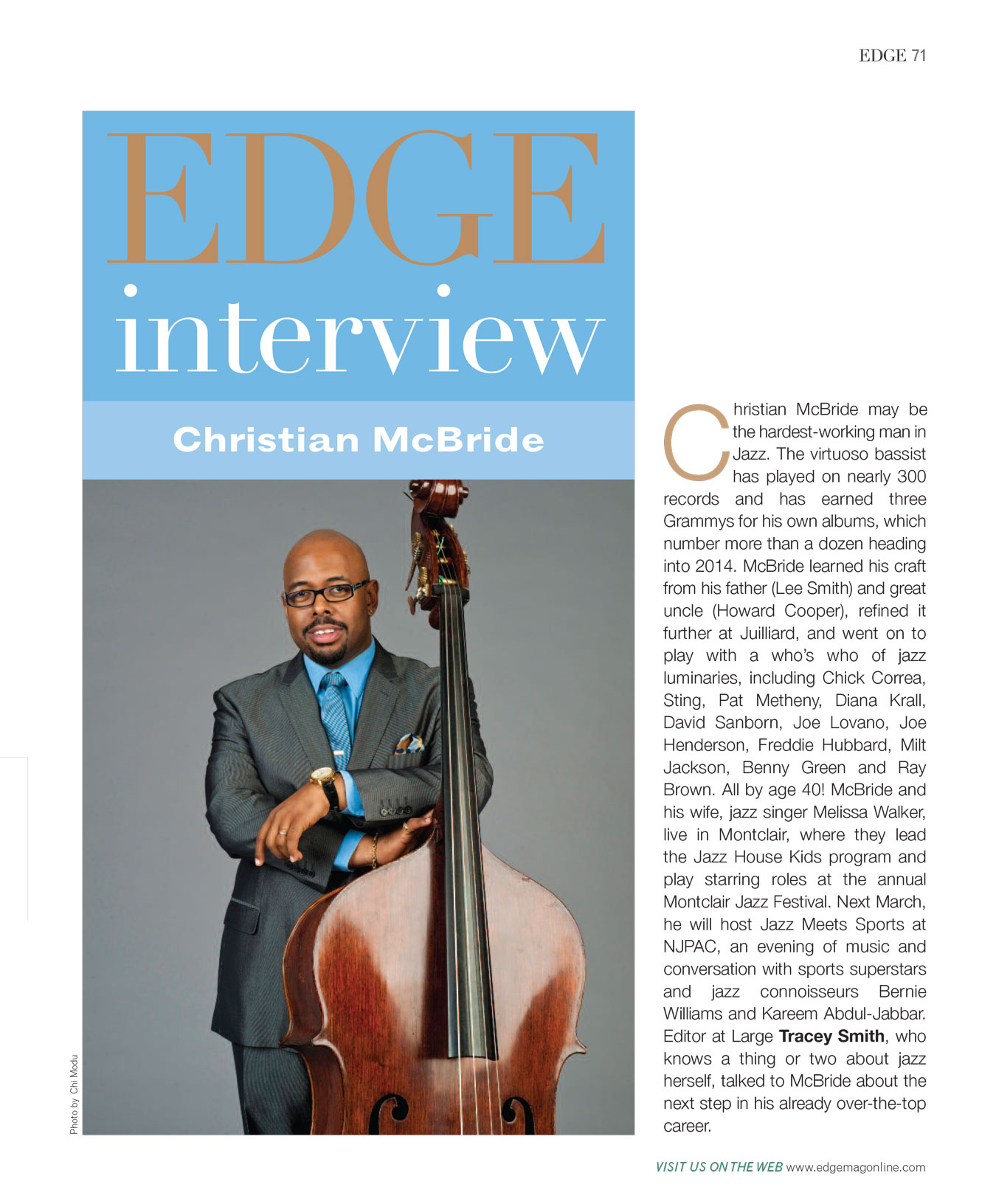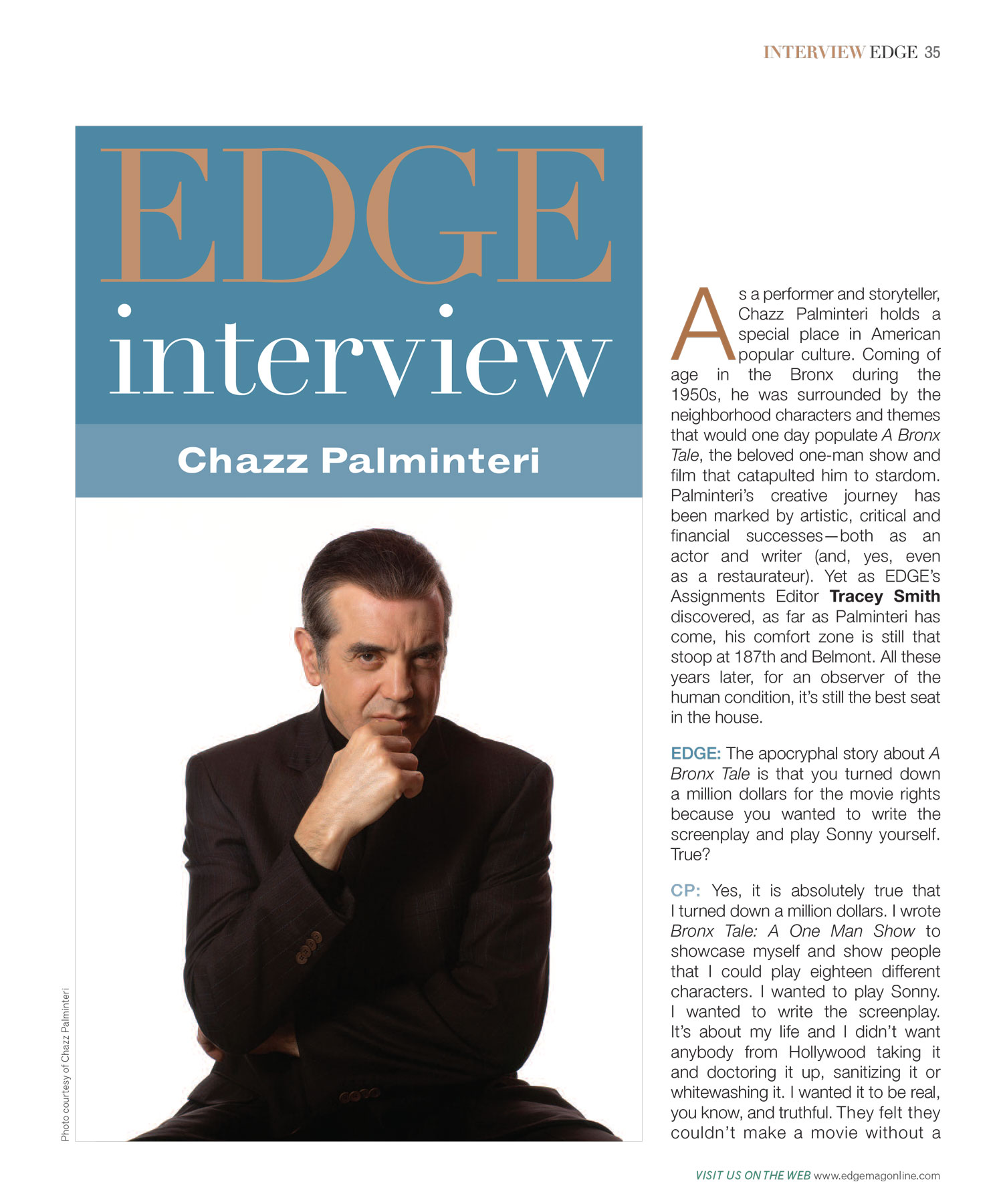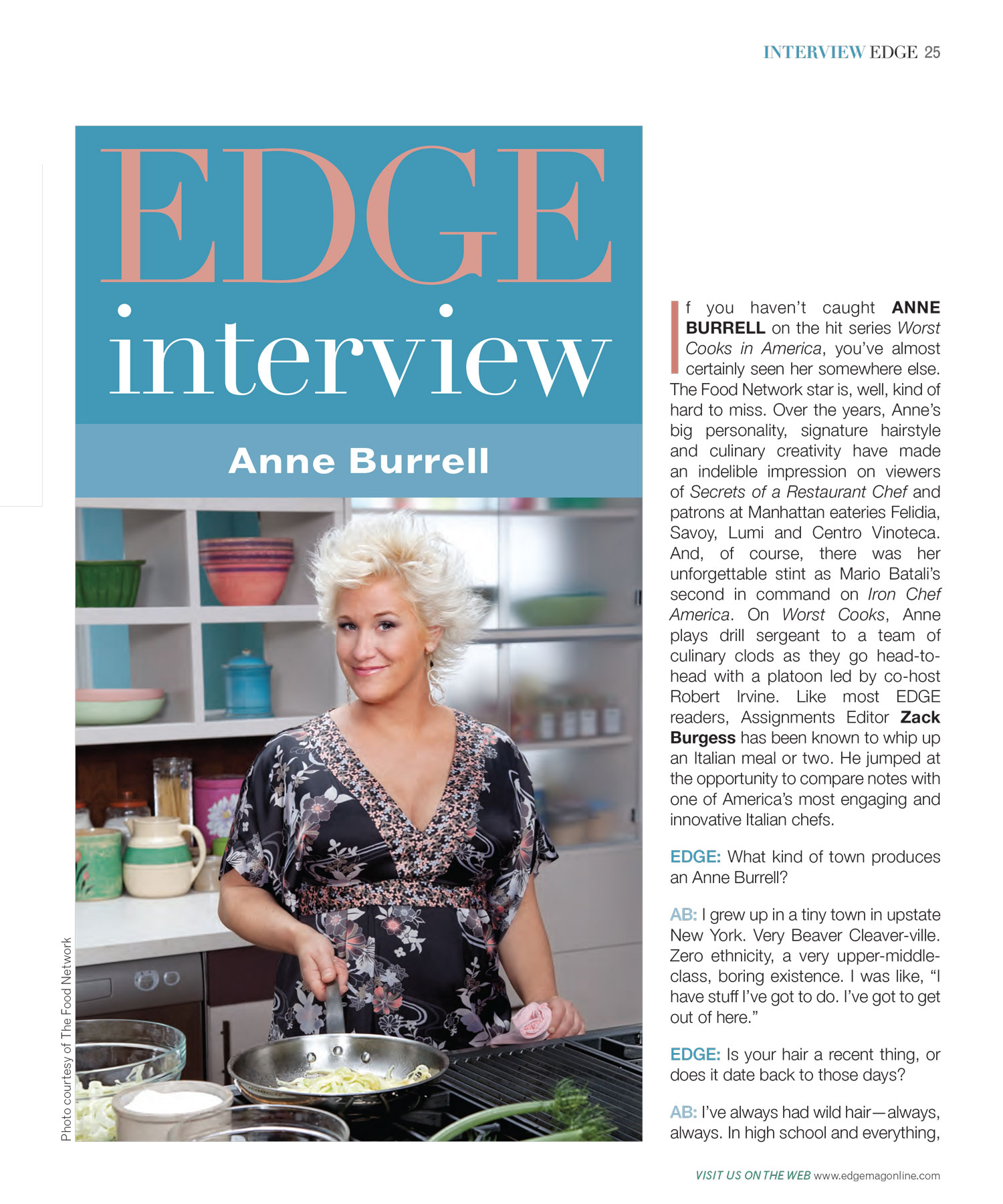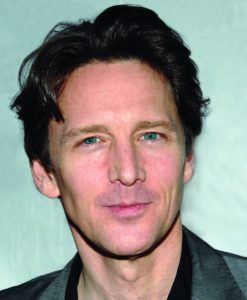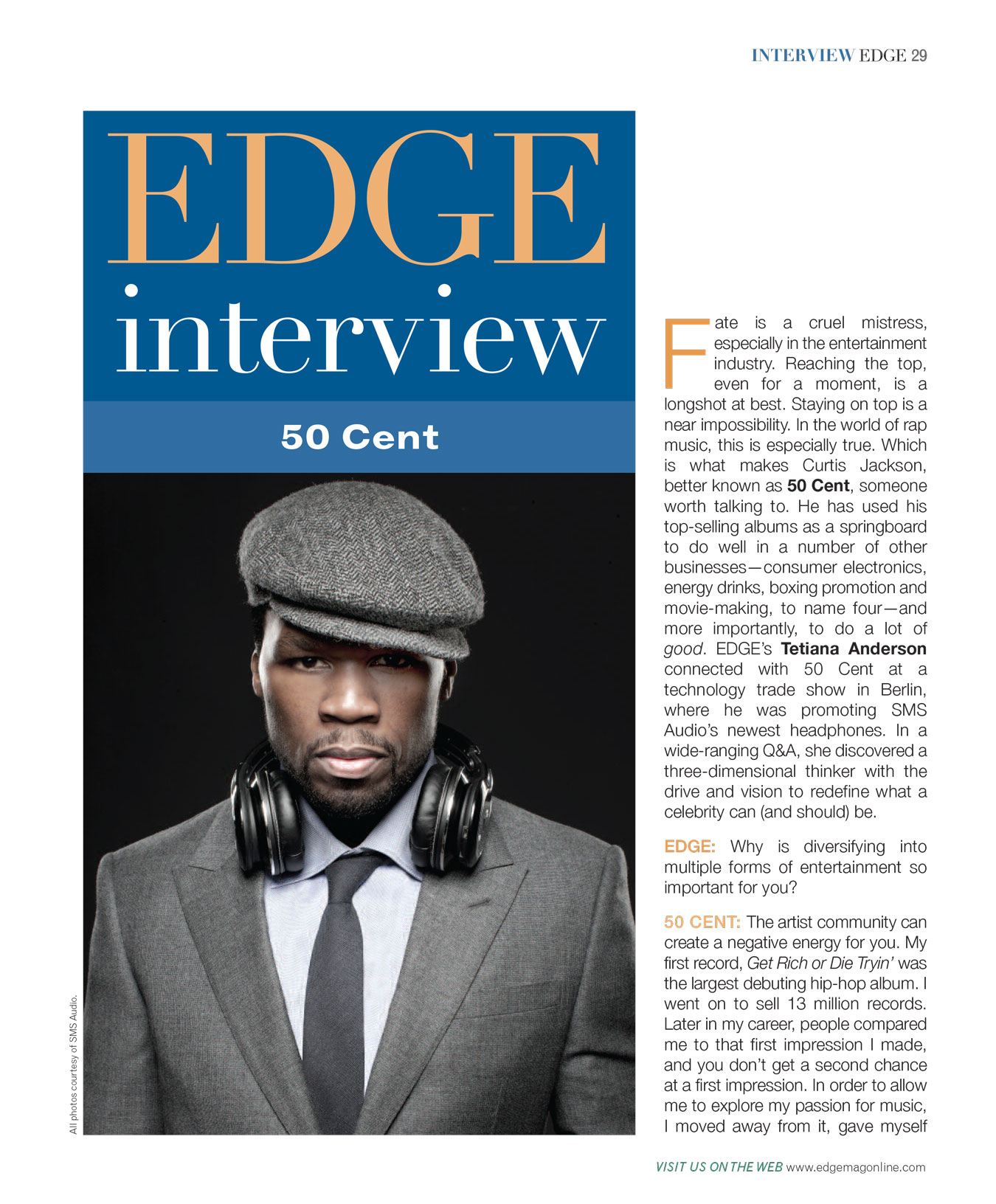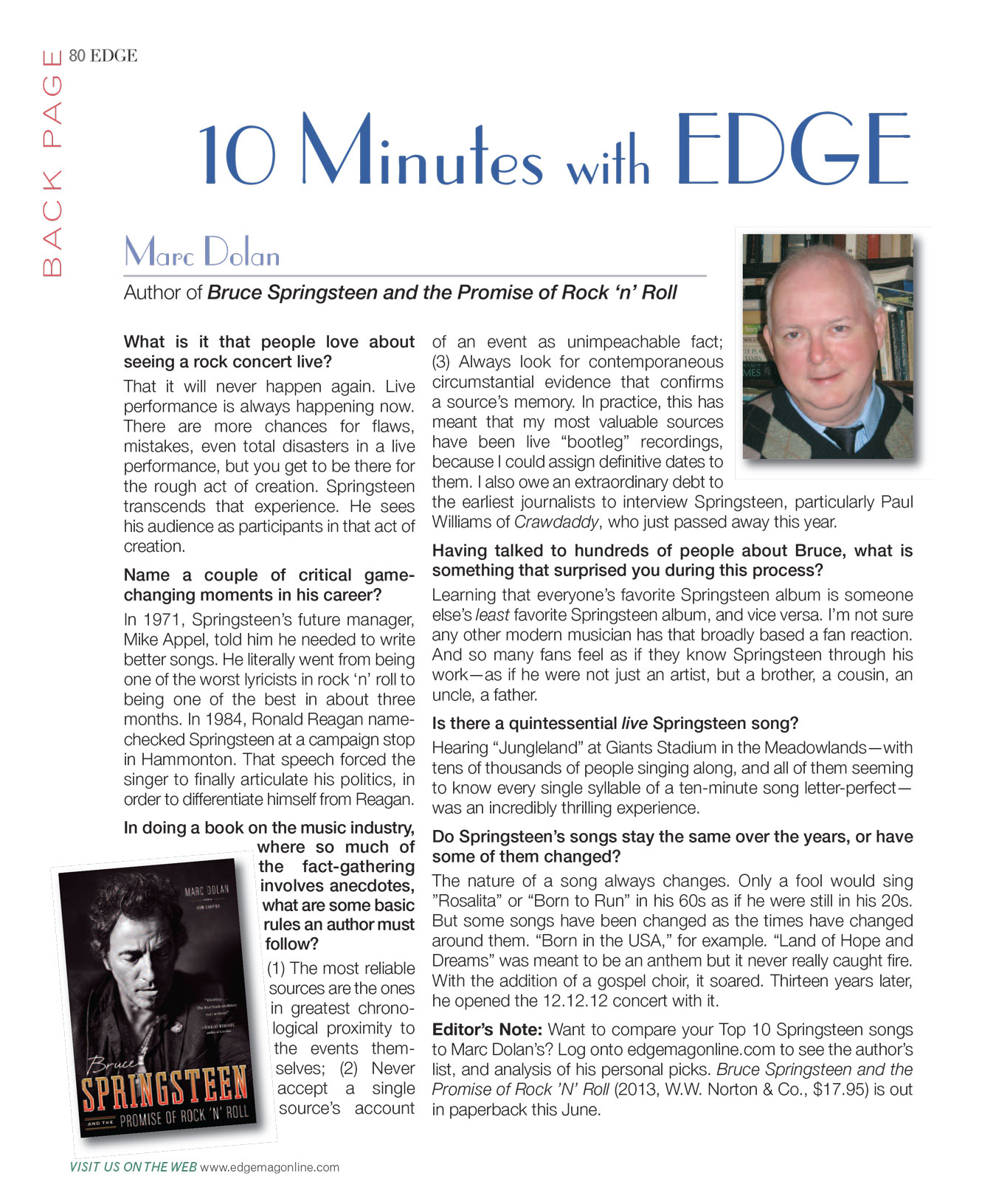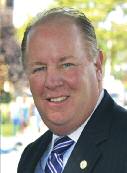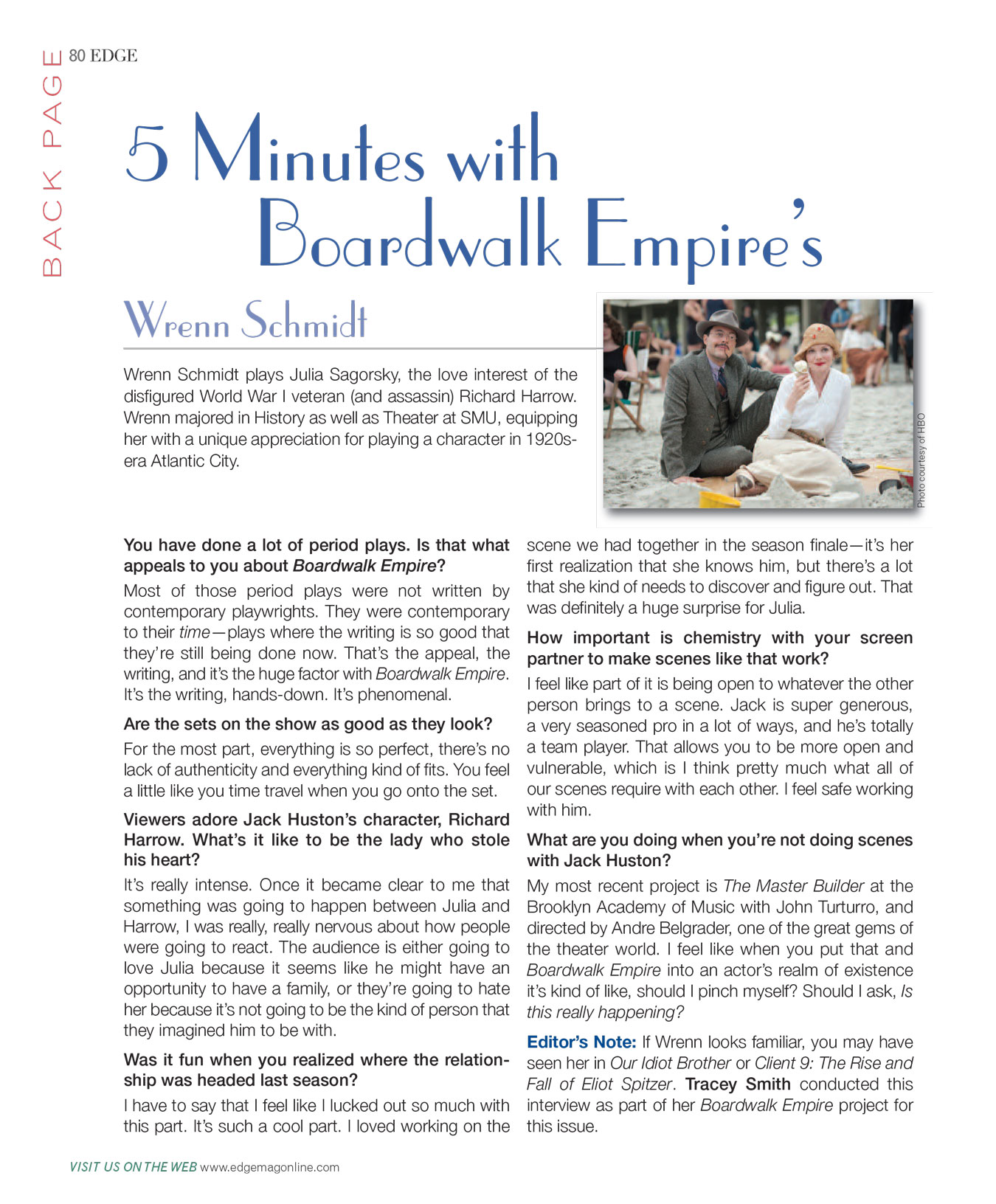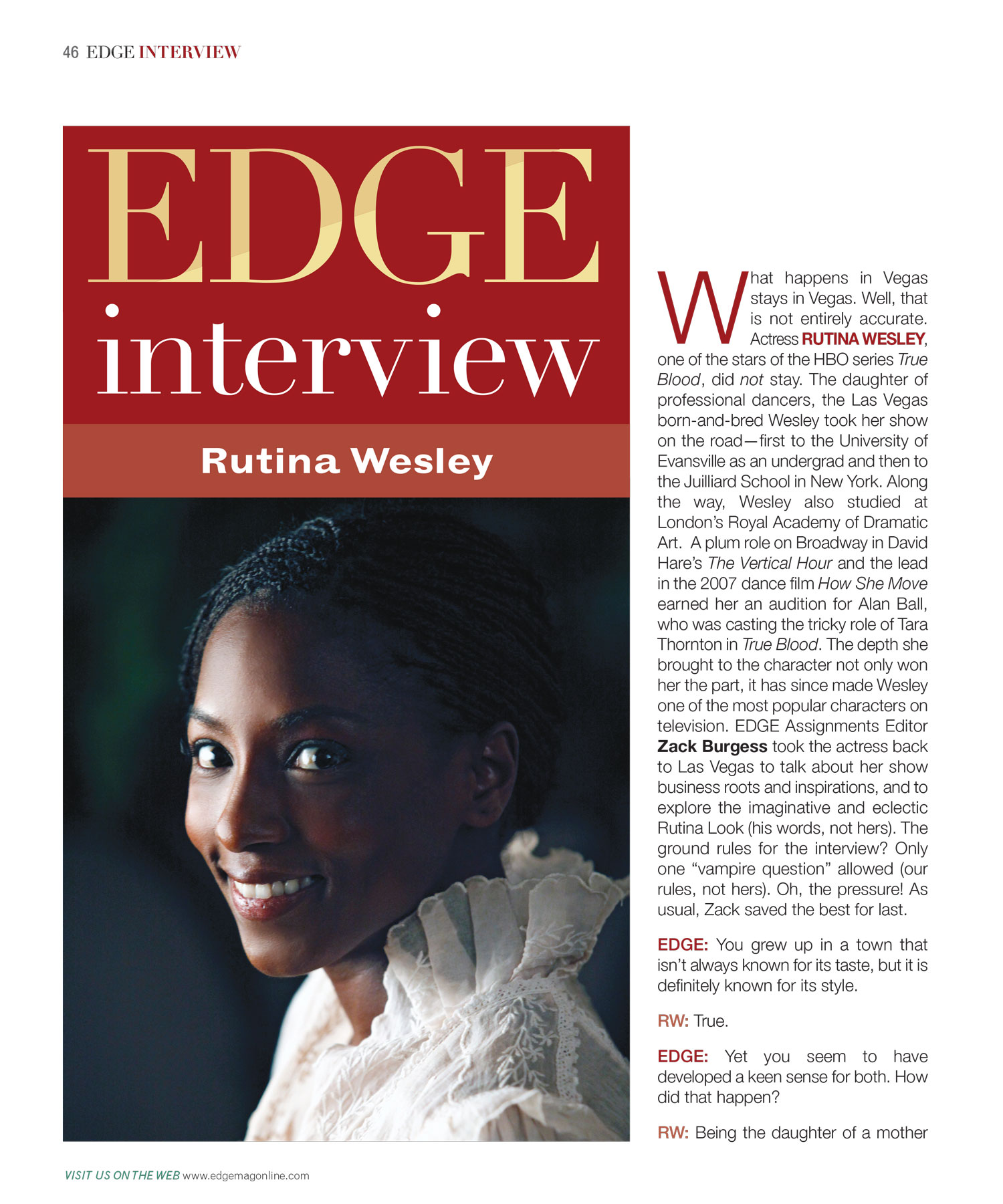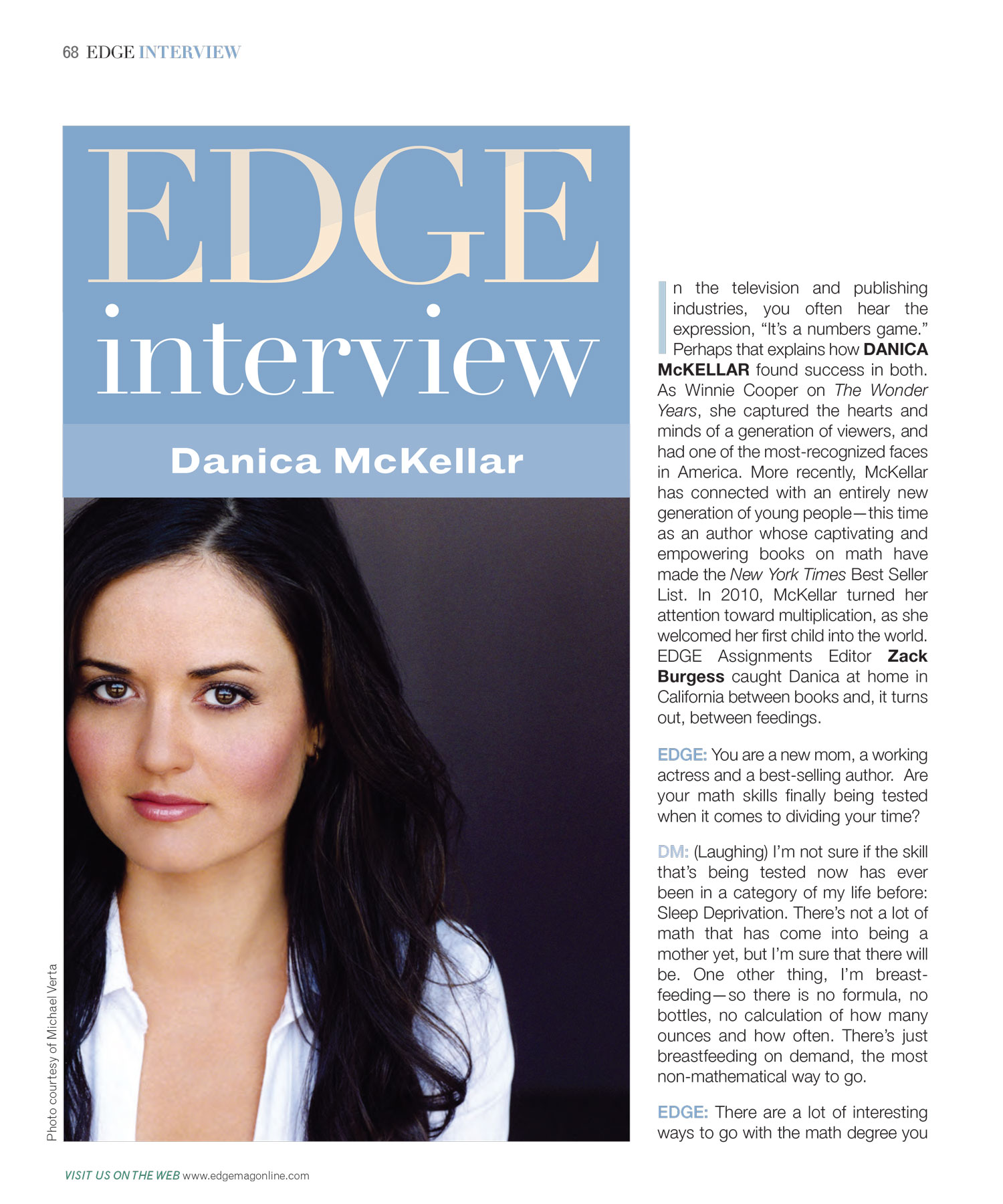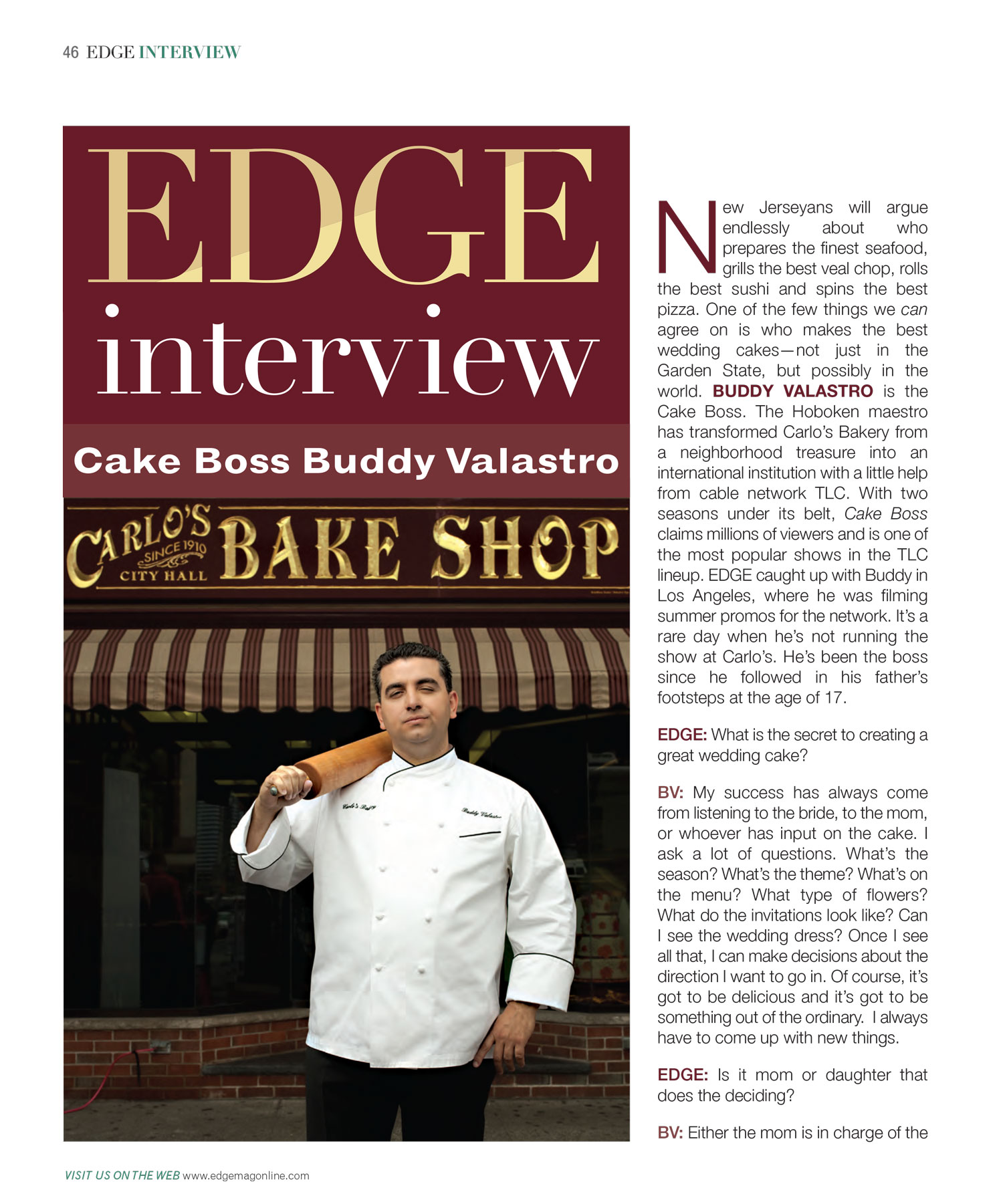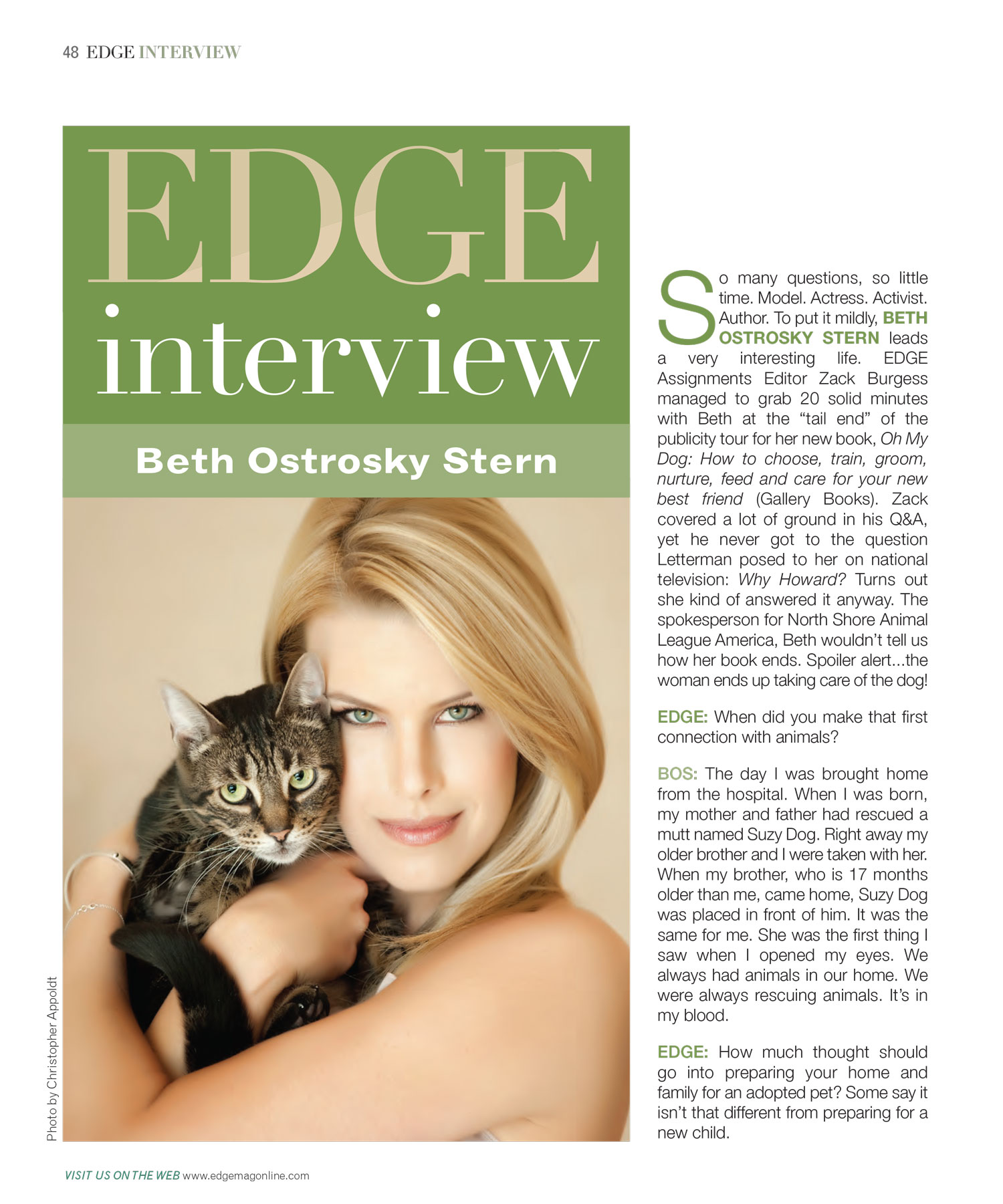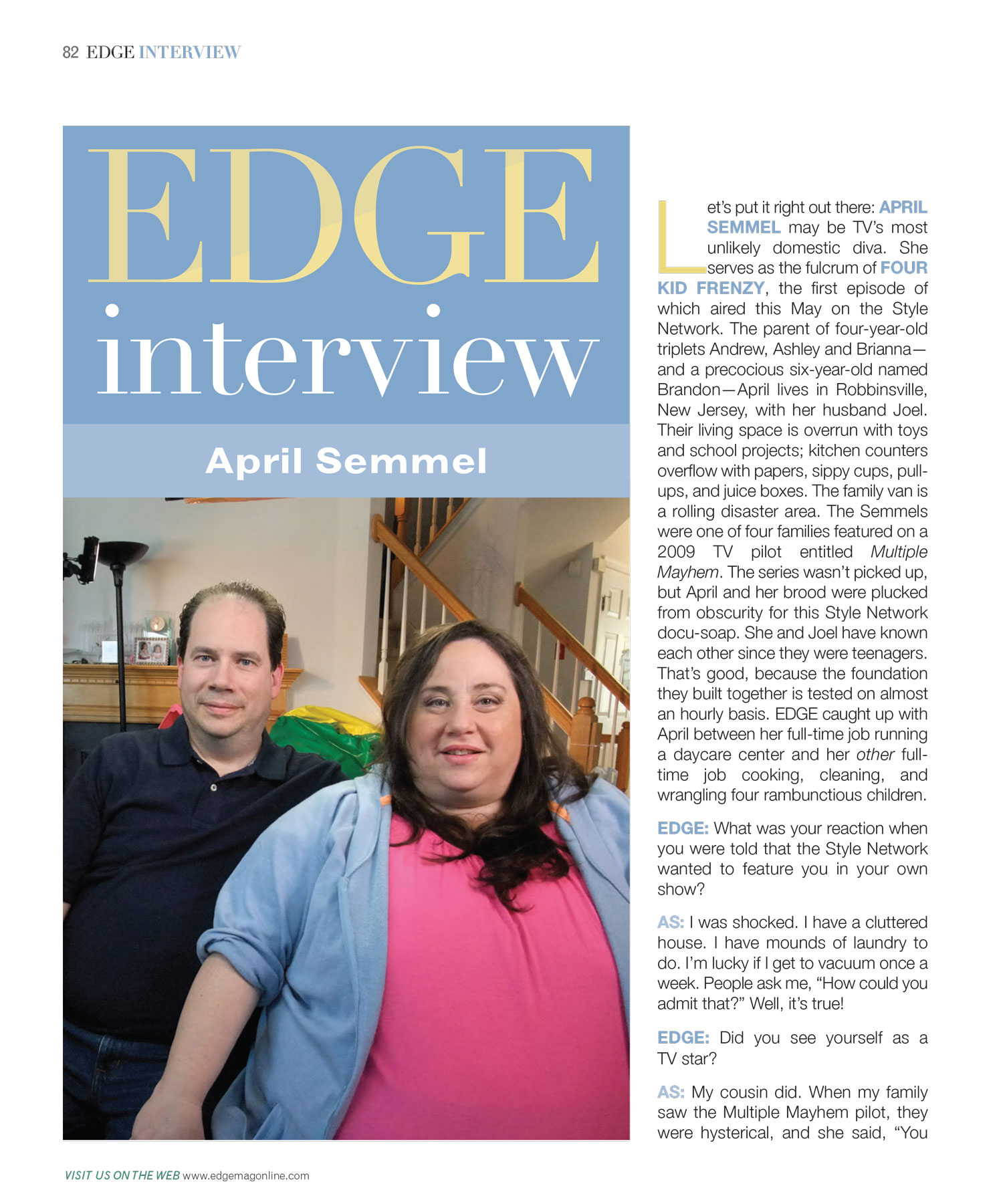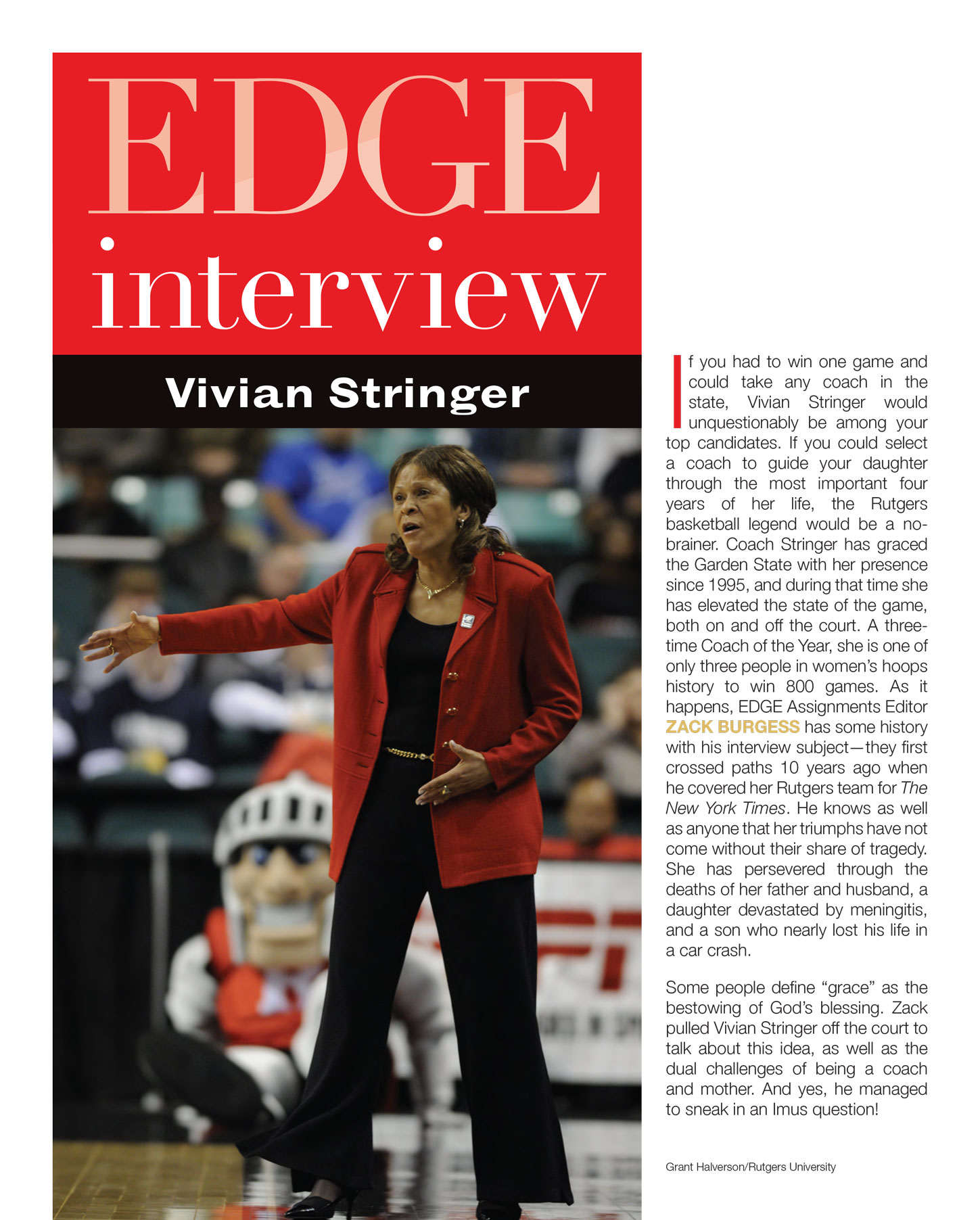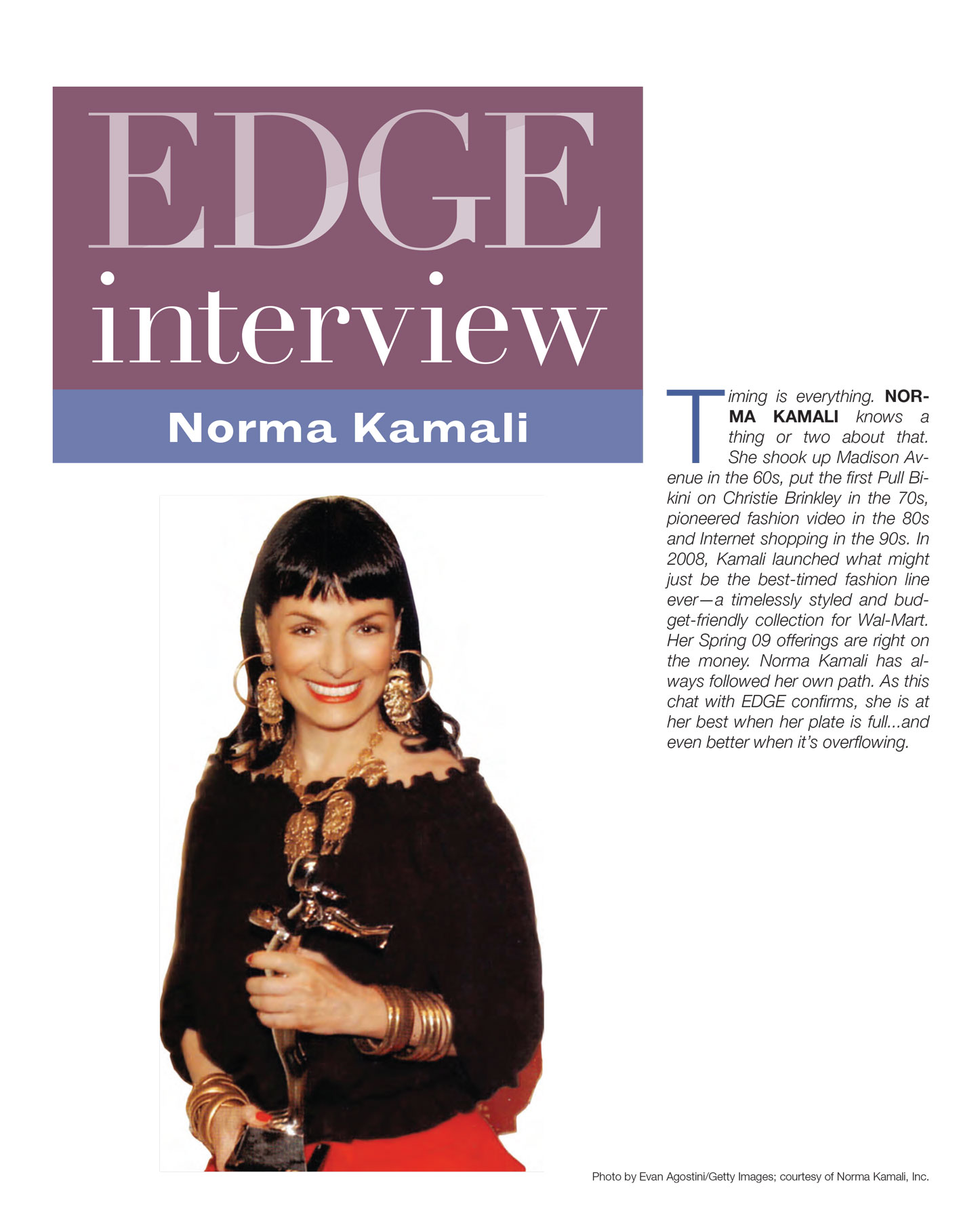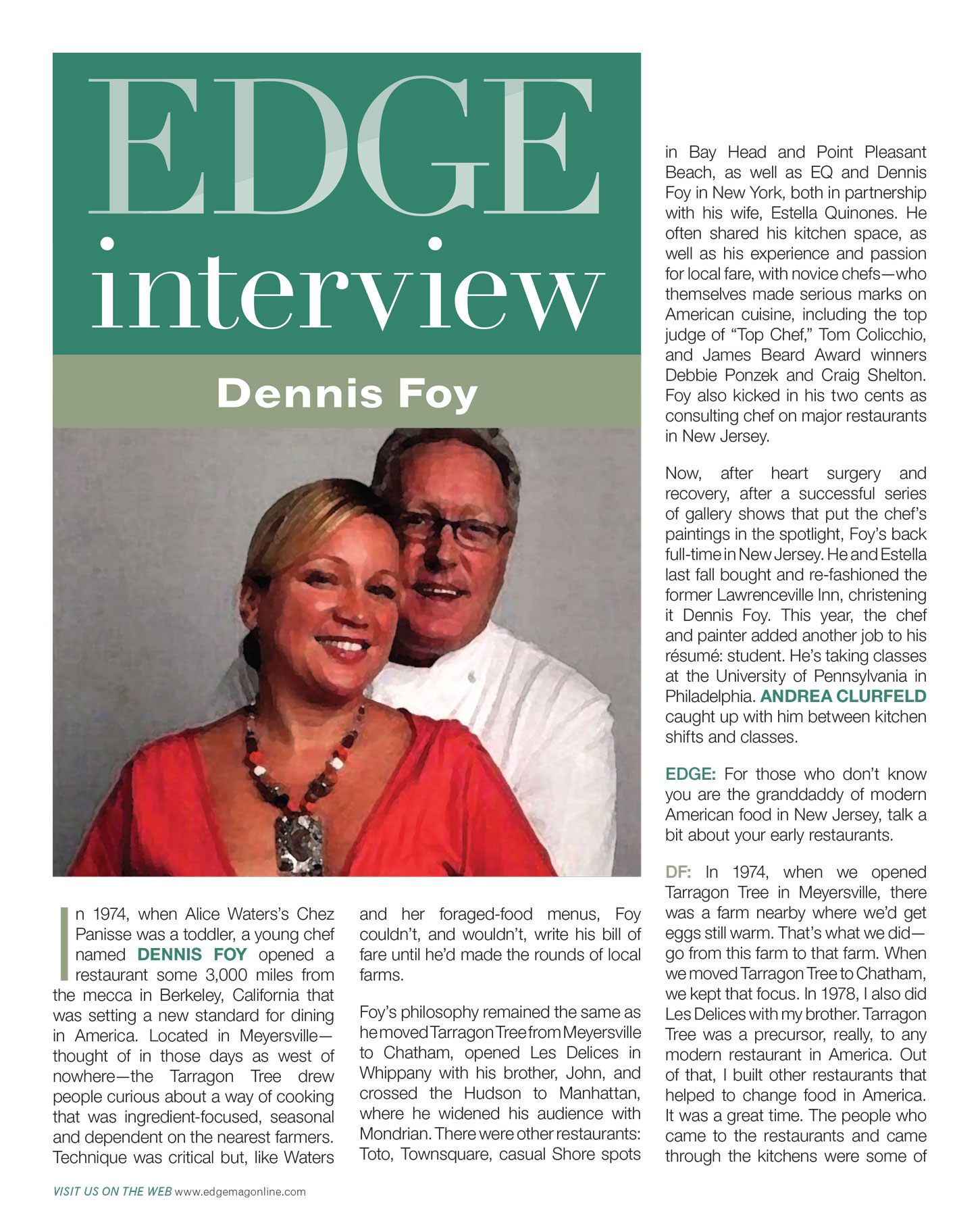In real life, fairy tales don’t always have happy endings. Young and dashing David Goldman was a model in Milan when he met and married a lovely Brazilian 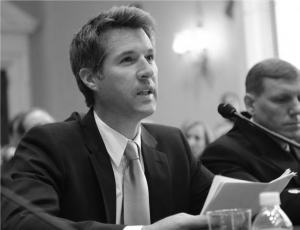 woman named Bruna Bianchi. Life was good in their Tinton Falls home, especially after the arrival of Sean in 2000. Everything changed four years later, however, after Bruna took Sean on what was supposed to be a brief family visit to Rio di Janeiro. She ended their marriage with a phone call and refused to return, triggering years of agonizing custody litigation in a foreign land. Though her marriage to David was never legally dissolved in the U.S., Bruna married João Paulo Lins e Silva, scion of a powerful family that had provided legal advice to the country’s elite since the 1800s. Bruna and João produced a baby girl (Sean’s halfsister), but Bruna died from childbirth complications. The legal battle only intensified when the family sought to keep Sean in Brazil. In his book A Father’s Love: One Man’s Unrelenting Battle to Bring His Abducted Son Home, David delivers a heart-pounding blow-by-blow of his remarkable battle to win Sean back. EDGE Editor Christine Gibbs welcomed David Goldman into her home this summer, and rediscovered the very human side of a drama that had been played out in newspaper headlines and cable news reports for more than a half-decade.
woman named Bruna Bianchi. Life was good in their Tinton Falls home, especially after the arrival of Sean in 2000. Everything changed four years later, however, after Bruna took Sean on what was supposed to be a brief family visit to Rio di Janeiro. She ended their marriage with a phone call and refused to return, triggering years of agonizing custody litigation in a foreign land. Though her marriage to David was never legally dissolved in the U.S., Bruna married João Paulo Lins e Silva, scion of a powerful family that had provided legal advice to the country’s elite since the 1800s. Bruna and João produced a baby girl (Sean’s halfsister), but Bruna died from childbirth complications. The legal battle only intensified when the family sought to keep Sean in Brazil. In his book A Father’s Love: One Man’s Unrelenting Battle to Bring His Abducted Son Home, David delivers a heart-pounding blow-by-blow of his remarkable battle to win Sean back. EDGE Editor Christine Gibbs welcomed David Goldman into her home this summer, and rediscovered the very human side of a drama that had been played out in newspaper headlines and cable news reports for more than a half-decade.
EDGE: Describe Father’s Day seven years ago.
DG: On Father’s Day 2004, I had just learned that Sean had been abducted by his own mother, my wife, Bruna. Actually, I don’t even want to remember it as Father’s Day that year. That was the first of many holidays that came and went while he was away. I treated each one as if it was just another day. I tried to keep busy and to keep going.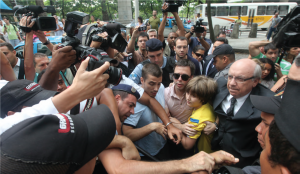
EDGE: Was there a moment when you thought that you might never see your son again?
DG: I never had that moment, and that’s what kept me going. I always believed that we would be together again. However bleak that hope was at times, I never stopped hoping and believing in something that was so true and so right that it would have to happen. It had to happen. I would not give up until it happened.
EDGE: Did the fact that Sean was with his mother and her family give you any comfort?
DG: Well, yes. I knew where he was. I knew that they would take care of him better than if he had been abducted by strangers. Yes, absolutely. But he was mostly with his grandmother, not his mother. In fact his grandmother recently admitted that Sean had lived the whole time with her and not his Mom. I’m still trying to piece things together. It seems that, to some degree, it was Bruna’s mother who was obsessed with our son, and with Bruna’s returning to Brazil. And Bruna could not go back home without her son; what would people think? It was always about image. I wouldn’t say it was exactly “comforting,” but at least I knew that Sean wasn’t someplace that I might never find him.
EDGE: Eventually, you had to deal with Sean’s stepfather— and his wealthy and influential family.
DG: That’s where it became even more concerning. Bruna and I were never even separated in this country—let alone divorced—so I will never consider him as a “stepfather.” This man is a second abductor in my opinion. That family had a sense of entitlement and narcissism that made them feel they were a powerful Goliath in Brazil. So how dare some Gringo, an American fisherman from New Jersey, take them on and drag them through such a mess by fighting against them! Even when I realized how powerful the family was, it didn’t shake me. I don’t know why. Wait, I guess I do know why. I always believed that the rule of law—the rule of God’s law and man’s law—was on our side. I just had to keep standing in the light of truth.
EDGE: It’s almost a cliché that Americans can’t get a square deal when they are fighting in an overseas courtroom. What were some of the frustrations you experienced in your legal battles in Brazil?
DG: According to the terms of the Hague Convention Treaty, an abducted child must be returned within six weeks in order to disrupt the child’s life as little as possible. I immediately approached the Brazilian Central Authority about this, but they refused to file under the Hague Treaty in order to help me as the left-behind parent. After several weeks of no action, I felt forced to hire a Brazilian lawyer, at which time the BCA said that the matter was now out of their hands. Basically the BCA was complicit in the kidnapping.
EDGE: And possibly there was gender bias.
DG: Yes, there was one judge—who wore rock-star sunglasses in court—who stated that she had just lost her own mother and, although she didn’t know the facts of my case, that “the child always belonged with the mother.” She admitted beforehand that that would be her decision and she would back into it somehow. It was ludicrous and offensive. People were even serving coffee to the lawyers and judge right in the courtroom. The lack of decorum throughout my many hearings in Brazilian courts was astounding and so was the attitude and the decisions of some of the judges.
EDGE: Who turned out to be the biggest help to you here in the U.S.?
DG: There were so many people, like my long-time friends Mark DeAngelis and Bob D’Amico, whose support was invaluable. Obviously New Jersey Congressman Chris Smith was just incredible. He went right into battle with me by getting on a plane and flying with me to Brazil. Both of my attorneys dotted every i and crossed every t. They couldn’t control the judges, but they did use the law to our benefit. They closed every door they could and nailed each shut because we were up against some very slick opposition who would slither under any door if they could. Obviously, Senator Frank Lautenberg and Secretary of State Hillary Clinton—just coming on TV and speaking about my case— that was unbelievable. Help came from as high up as President Obama. The people from Dateline on NBC and our local New Jersey media pitched in. I couldn’t possibly pick one as being greater than the others. Every bit of help was important. Remember, we eventually got Sean out of there, but only barely by the skin of our teeth.
EDGE: At what point in this almost six-year process did you sense that things might be breaking back your way?
DG: As unfortunate as Bruna’s tragic passing in childbirth was, it gave us—Sean and me—a second chance at life together. It was at that point that not only was Brazil breaking its own law, but also American law and international law. They would have had to change their own constitution regarding custodial rights, since Brazilian law clearly stated that custody was to go to the fit and surviving parent. Once they started breaking their own laws, well, that was when I really and truly believed we could win.
EDGE: Have all the loose ends been tied up, or are there still unresolved issues that require your attention?
DG: Unfortunately they’re not all resolved. The family is still appealing to overturn the decision that returned Sean home to America. They want to have him returned to Brazil, especially his Grandmother. Bruna’s Brazilian “husband” has even sued me on behalf of Sean’s half-sister Chiara. They’ve opened up lawsuits in both countries. Although Sean’s Brazilian grandparents have claimed all they ever wanted was to be allowed to visit, what they were really after was shared custody. They continued to refuse to acknowledge that this was Sean’s home and that, as his Dad, they should support me. While with them in Brazil, he wasn’t even allowed to call me Dad or to hug me when they finally let him see me. Fortunately, Brazil has now made parental alienation a crime. Ironically, Bruna’s Brazilian “father-in-law” was actually lecturing on how a child can be turned into an attack missile against the left-behind parent—even while that family was guilty of doing exactly that!
EDGE: How would you assess the performance of your legal team, the Brazilian media and the Brazilian public?
DG: I’d have to give both my lawyers outstanding grades for their due diligence, their knowledge of the law, and their teamwork. Patricia Apy, my American counsel, is brilliant in this field. Her legal expertise and determination to advocate for her client is amazing. And Ricardo Zamariol, at the age of 23 or 24, faced off with some powerful opponents in Brazil. The Brazilian media were very, very biased. They tried to make it into a nationalism issue by supporting the kidnappers. Much of the truth finally did come out, but it was amazing how distorted the reporting was. Apparently, the families had some close connections with some of the big media networks. The Brazilian public, in the beginning, was inundated with slander and lies, but once the truth started getting through, the public identified with me as victim even though I was an American. Many of them had been personally victimized by the privileged and powerful in high society. They finally realized that I was one of them. They recognized the miscarriage of justice when they finally could see it. They knew how wrong it was to separate a parent from his child, especially when I was the only surviving parent.
EDGE: What do you hope Sean comes away with out of all of this?
DG: I hope, first of all, that he can grow up in a normal and loving environment as any parent would—that he hasn’t been too scarred by underlying issues. He’s been through way too much already. Losing his Mom had to be tremendously painful, especially at age 7. I want my child to grow up to be thoughtful, caring, considerate, enlightened…but all in good time. Right now my focus is for Sean to be an 11-year-old boy doing ordinary things—going to camp, playing ball, joining a swim team, going to the Sandy Hook beach. I want to instill in Sean good values— honesty, humility, gratefulness, and sincerity. The exact opposite of the values he was taught while in Brazil.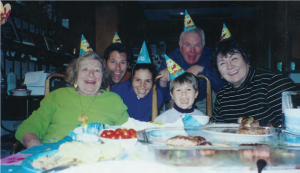
EDGE: What lessons will you carry with you going forward?
DG: To never give up hope, especially when you know that what you’re doing is so right. You have to keep going. You have to keep carrying that torch of hope forward. In all cases like mine, the suffering is not on the part of the parent alone. It’s shared by everyone who is close to the abducted child. So I want to continue to carry that torch—through our Bring Sean Home Foundation—to make change for the better really happen for others like Sean and me.
EDGE: What has been the easiest part of the transition back to life with Sean?
DG: Just doing routine, mundane things together at home, like sitting down and watching TV or playing a video game, playing catch, doing homework.
EDGE: What have you found to be the most challenging?
DG: Some of the most challenging part comes from certain learned behavioral traits that Sean picked up while he was in Brazil, such as avoiding accepting responsibility. Most kids will make some excuses at one time or another, but Sean sometimes takes it to a level well beyond his years. It’s just too mature. So I spend a lot of time trying to determine what is normal for an 11-year-old and, what is a byproduct of Sean’s special situation—which included a good deal of brainwashing. The picture they painted of me, of New Jersey, of America, was obviously not true. When he came home, he saw reality—so much love, so much patience, so much understanding from me, from his grandparents, from the community. Having been told horrible lies for five long years, the reality was shocking.
EDGE: In your book you also talk about the challenge of setting parameters. How does that apply to Sean?
DG: Sean had lived an adult lifestyle with his grandparents— staying up late, getting up late, going out socially with adults, and so on. I have been working on getting him back to being a child again.
EDGE: And how is that going?
DG: Once Sean opened that curtain to his childhood, he just wanted to go right back to being a kid again. He’s learning to let go of the adult behavior and mannerisms. He wants to be a kid as much as I want to be his Dad.
EDGE: How did you celebrate this past Father‘s Day?
DG: We went out on our boat along with Sean’s Pop-Pop, who has said to me that not only did he get his grandson back, but he got his son back, too. Now that Sean is back, every day is Father’s Day for me.
Editor’s Note: David Goldman has testified before Congress and is continuing his effort to eliminate child abduction injustices around the globe. For anyone 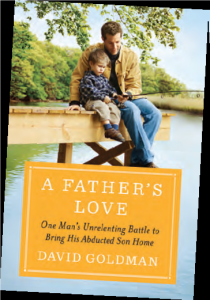 facing the ordeal of an abducted child, bringseanhome.org offers support, advocacy options, and a summary of ongoing legal activity in this field. A Father’s Love: One Man’s Unrelenting Battle to Bring His Abducted Son Home (Viking $26.95) was released this past spring.
facing the ordeal of an abducted child, bringseanhome.org offers support, advocacy options, and a summary of ongoing legal activity in this field. A Father’s Love: One Man’s Unrelenting Battle to Bring His Abducted Son Home (Viking $26.95) was released this past spring.
Some athletes seem destined for stardom before they reach their teens. Others blossom in adolescence or soon after. And then there are those fascinating few whom stardom kind of “creeps up on”—taking them, their fans, their friends and family, and even their sport, largely by surprise. David Clarkson is okay with being one of those athletes. The high-scoring star of the Devils was a major reason why they made it all the way to the Stanley Cup Finals last spring, yet it wasn’t too long ago that he was undrafted and ignored by all 30 professional hockey teams. That kind of career arc tends to ground a guy in reality. It also enables him to savor the sweetness of success. EDGE Editor Mark Stewart grabbed Clarkson after a recent practice at the Prudential Center and talked about the Toronto native’s design for living. Turns out it hasn’t changed much since he was scrapping for a spot on an NHL roster. Clarkson takes it one day at a time, finding subtle ways to improve, enjoying life’s little pleasures and appreciating every new day.
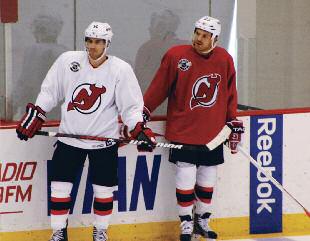
Photo credit: Bruce Lowe
EDGE: Consistency is such an important part of an athlete’s life. Not just on the ice after the puck drops, but before you even get to the rink. What are some of the things you do on game day that keep you in a consistent rhythm?
JC: I’d say that I’m pretty superstitious. For the past five years, I’ve stopped at Starbucks on the way to every single home game. It’s part of my routine. I get my sticks ready at a certain time, I get a massage at a certain time. There are a lot of little things I do to prepare. I think it helps me relax and keep my mind off of details that aren’t related to the game. It’s also that, as you said, athletes are very routine-oriented people. When things are going well, a lot of us tend to do things like eat the same meal the night before games. If it worked once, why change?In terms of routine, on game day we usually have a morning skate, then I’ll go back home to West Orange and see my two-year-old daughter McKinnley for a little bit, take a nap after lunch, and head out to the game.
EDGE: What’s the meal you ask for at home when you’re in a groove?
DC: My wife, Brittney is a great cook and baker. I’m very lucky in that department. She makes this chicken with capers in an amazing sauce. I love that.
EDGE: What about when the Devils are on the road? Do you look for the same things on the menu, or do you experiment with local specialties?
DC: I might try something different for an appetizer, but I like to stick to the same entrées before games. Steak, for sure. And sometimes I’ll see what kind of fish is on the menu.
EDGE: What do you watch on TV?
DC: I grew up a huge Seinfeld fan. That’s one of my favorites. Lately I’ve become a big fan of Dexter and Homeland. And How I Met Your Mother.
EDGE: What’s on your iPod?
DC: Every kind of music. My dad was born in Scotland and my mom is Irish, so I have a lot of Rod Stewart on there. But a very wide range of artists, I’d have to say. I love music.
EDGE: Was it weird not playing hockey this fall?
DC: It was. Still, you try to make a positive when something bad happens. So I used that time to train more and get stronger. And I ended up going over to Austria and playing for a little bit. But you know, after the run we had to the Stanley Cup Finals last spring, we were all pretty banged up and tired. I liked being able to relax and see my daughter grow up. We travel a lot as athletes, so that time I got to spend with my wife and daughter was special. By the end, though, I think Brittney was sick of me being at home. She was looking at the calendar wondering when I’d be getting back to work.
EDGE: A lot of our readers send their kids to hockey camp. What is David Clarkson’s great hockey camp story?
DC: I went to Brendan Shanahan’s hockey school as a kid. He was someone who played the game hard, and at the end of each camp they would hand out a stick for the player who’d worked the hardest. I got it one year—my dad still has that stick! But I was like any kid at a camp, dreaming about being here in an NHL locker room one day. I never thought I’d make it, of course, so it was pretty special just to be around those guys at that time in my life.
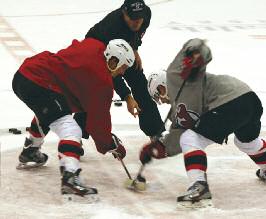
Photo credit: Bruce Lowe
EDGE: You’d been on the Devils roster a couple of seasons when Shanahan joined the club in 2009 at the age of 40. Did he remember you as a camper?
DC: No. I had to show him pictures of me at the camp—when I was really, really little. He told me if I ever showed anyone else those pictures I’d be in trouble!
EDGE: This is your second time playing for the Devils’ coach, Peter DeBoer. Besides the fact you’re both older and wiser, has anything changed in a decade?
DC: No, he’s always coached the same, structured hockey. If you stick to his system, to what he’s preaching, you’ll be successful. I won a Memorial Cup with him in 2003 in Juniors and last year we went to the finals. So I think what he does with a team shows in the results. Where he goes, success follows.
EDGE: You’re one of the few stars in the NHL that went overlooked in the draft. How did the Devils discover you?
DC: Pete had a lot to do with it. I was 20, 21 years old and no one had drafted me. I didn’t know what was going to happen next. I had been to a couple of tryouts that Pete had arranged, but no one was really sure if I was good enough or tough enough. I think that pushed me harder to prove myself. I played one more year for him, and then the Devils and a couple of other teams called, and the Devils saw something and signed me. It just goes to show, it pays to work hard and do the little things well.
EDGE: What changed in your game to make you a goal-scorer last year, and even more so this year? Is that work you do in-season or during the off-season?
DC: It’s a very wide range of things. As an athlete you can never be happy with where you are. You always try to get better. Having a coach who put me in situations where I had to produce helped me, too. Pete believed in me. But I think in the summer, you have to go home, figure out what you want to get better at, and really work on it.
EDGE: When you say “work on it” does that mean work on the ice, in the weight room? Does that work happen between the ears? Where does that kind of transformational work have to take place?
DC: A lot of it is in your head, yes. But I’ve also hired people to help me with my skating and my hands over the summer. There’s a lot of training and a lot of pushing. I believe the day you are happy with where you are, that’s the day it starts going in the other direction. That’s something I’ve learned from the guys I’ve been lucky enough to play with in this organization.
EDGE: Whenever you’re on the ice, there’s definitely a buzz in the Prudential Center—not just when you’ve got the puck, but when you deliver a check or just get in a guy’s grill. Do you feed off that energy or are you oblivious to it?
DC: Oh, I feed off it. We are very lucky as Devils to have the type of fans we do. I don’t think we could have done what we did last year otherwise. When they start cheering, we get a real charge out on the ice. You really do feel that electricity from the fans.
Who knew? Behind the gentle, sensitive blue-eyed preppy we all took Andrew McCarthy to be, there beat the heart of an introspective adventurer and master storyteller? In his second life as a globetrotting journalist, McCarthy has contributed to National Geographic Traveler, Travel+Leisure, The Wall Street Journal and The New York Times. He also authored The Longest Way Home: One Man’s Quest for the Courage to Settle Down. EDGE Editor at Large Tracey Smith set out to determine when, why and how this Garden Stater transitioned from beloved actor to best-selling writer. As she discovered, these are merely two facets of the same glittering artist.
EDGE: It takes a tough skin to be an actor and to be able to put yourself out there, in front of people. When you look back at your career what enables you to do both?
AM: I don’t know if it takes a tough skin, but to have one it helps. Most people who go into acting probably don’t have one. I guess you develop one over time—
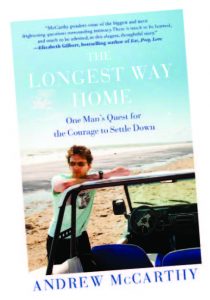
Photo courtesy of Free Press
or you just get beaten up enough and grow immune. I cannot imagine what else I would do, I’m not qualified to do anything but act. When I was a kid and discovered acting, I was 16, in high school. I was in my first play, and I had an amazing experience. I felt at home with myself, like I had never felt before, and the decision was made in that instant that there was no decision to make. It was just something I was going to do.
EDGE: Did writing hold the same kind of appeal?
AM: It was a similar feeling of relief, a feeling of being at home with myself. I have been lucky to say that my passions have become my jobs, which is a good thing—and I don’t know any way else to do it.
EDGE: Your travel writing tends to take you to the ends of the earth. Is that something you’ve done consciously?
AM: I find remote destinations interesting. I’m looking to be placed outside my comfort zone. I live in the city, so I like going to the Sahara Desert or Patagonia. Those kinds of extreme places really get my attention and wake me up in a way. It’s important to travel the world. It’s sort of a responsibility to see and experience as much of the world as we can. It makes us better people and more responsible global citizens, as it were. And also I find it’s fun as hell, too! I have a globe in my house and sometimes I just sit and sort of spin it. When I find a spot I don’t know about, often that’s reason enough for me to just get on a plane and go.
EDGE: Do you feel like a different person when you return from one of these adventures?
AM: Paul Theroux said, “You go away for a long time and return a different person…you never come all the way back.” In a certain respect that’s true. I’m an accumulation of whatever has happened to me—whether I am on the road or whether I am home. I find I am a better version of myself when I’m on the road. I’m more interested, I’m more curious, more open, braver, more engaged, more right-sized. When you get home it actually seems as if the effects wear off instantaneously. But the real changes, the deeper changes, go much deeper than that. They’re much more substantial.
EDGE: Is your family fully behind your new career?
AM: They are pretty aware that it’s the thing for me to do. Some people like to go to the gym. I like to go to Ethiopia (laughs).
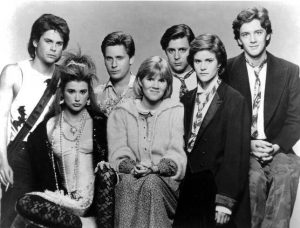
Photo courtesy of Columbia Pictures
EDGE: Has your travel writing fine-tuned your acting in any way?
AM: On a human level, it’s made me more relaxed in the world, and the more relaxed you are as an actor the better you are as an actor. Laurence Olivier said the key to acting is relaxation. So travel has opened me to be more relaxed in myself and how I deal with the world. And it’s helped my observational skills, which is what acting is all about. I think it makes me more awake and alive. And whenever you’re more awake you’re a better actor.
EDGE: I’m guessing a lot of your fans are anxious to know whether you are close with any of the actors you worked with in your “Brat Pack” days.
AM: I don’t keep in active touch with any of them. That’s the power of movies, you know, just to freeze a moment of time. We were so public at that time. People took a snapshot of us and they hold on to that snapshot. Everyone evolves from their 20’s to when they’re in their 40’s, so hopefully we are all evolving. When I look at these people from afar, I see them doing all sorts of interesting things with their careers. For instance, Emilio Estevez has gone on to direct some very interesting movies. The Way [co-starring his father, Martin Sheen] was just a very lovely movie.
EDGE: When you look into your crystal ball, what do you see five years from now? Do you want to be a playwright?Write a biography?
AM: Write a biography about someone else? No, I don’t see myself ever doing that. I do have a novel that I have been finishing and also an idea for another non-fiction book. Things just seem to have a natural evolution as they present themselves, so I try to pay attention and follow that. I’ve never been one of those people who has a good five-year plan. Whenever I do, it gets completely derailed.
EDGE: Mark Twain maintained that, 20 years from now, you will be more disappointed by the things you didn’t do than by the ones you did do. “So throw off the bowlines, sail away from the safe harbor. Catch the trade winds in your sails. Explore. Dream. Discover.” Would you agree?
AM: Yeah, I think that’s very true. And that’s the thing that travel does, it obliterates fear. It did in my life. I think that’s 95 percent of what Twain is talking about. Fear is not a viable thing to dictate our behavior. It does too often. It’s a wet blanket. Fear complicates your success. And it masquerades as many things. The challenge is identifying fear, whatever that fear may be. EDGE
Editor’s Note: The Longest Way Home (2012, Free Press) will be available in paperback this spring. In its review of the book, The New York Times described it as “a good book about a good man who’s trying good and hard to figure himself out.” Andrew grew up in Westfield and Bernardsville. He lives in New York City with his wife and daughter.
Your city has experienced remarkable growth since you came into office 20 years ago. Give me three reasons why.
Great geography…we are convenient to everything. Great diversity…more than 35 different languages are spoken here. And the Jersey Gardens Mall, which really led the way for Elizabeth to convert from a manufacturing economy to a service economy.
What’s the coolest thing about the city that almost no one knows about?
George Washington had lunch here on the way to his inauguration in New York. Also, America’s first ice cream soda was served on the corner of Fulton and 6th. Does anyone even drink ice cream soda anymore?
If you could bottle one thing about your city and sell it—not including ice cream soda—what would it be?
The strength of the people. They are focused, determined and always looking for opportunities to succeed.
What’s changed the most about politics during your two decades as mayor?
The general demeanor. People who disagree with your policies feel it’s now okay to paint you as a horrible human being because of them. Also, thanks to social media, people can say or do whatever they please, regardless of the truth, and it becomes part of the permanent record.
Speaking of social media, would you rather have a Facebook “like” or a Twitter follower?
Twitter follower. They seem more engaged.
What part of your job takes way more time than anyone can imagine?
Scheduling. I might have to be eight or ten different places on a Saturday.
What is the hardest thing to say NO to as mayor?
Saying no to promotions because of budget constraints. Sometimes the things you know will help your town are not possible because of decisions made at the state or national level.
Who were your heroes growing up in Elizabeth?
Teachers. They were encouraging, informative and fun to be around.
Yankees or Mets?
Dodgers, actually. My father was a Brooklyn fan, so we rooted for them after they moved to Los Angeles. Sandy Koufax made a big impression on me, even though I was a right-hander. He seemed like the quintessential baseball player.
What did you think you’d be doing when you grew up?
I had no idea. You don’t need to have a set plan. You just need a direction.
What first intrigued you about politics?
I had a brother born with Down Syndrome and severe disabilities that prevented him from living at home. A local Councilman, Maurice O’Keefe, picked up the phone and got my brother into a facility where he could be cared for properly. I was really moved by this. I saw firsthand how politics could help people. When Maurice lost his election in 1978, I got into politics and ended up taking his seat on the City Council four years later.
What is the origin of the name Bollwage?
German. My sister traced our family to Pine Street in the early 1800s. I bet we were leftover Hessians from the Revolutionary War!
What’s your favorite food?
In this town, with so many great restaurants, I’ll get in trouble no matter what I answer.
Okay, when your wife offers to make you something special for dinner, what do you ask for?
Reservations…Uh-oh, I’ll probably get in trouble for that answer, too.
Editor’s Note: Mayor Bollwage wasn’t kidding about Twitter. You can follow him @MayorBollwage. While you’re at it, follow EDGE, too
@EdgeMagNJ.

